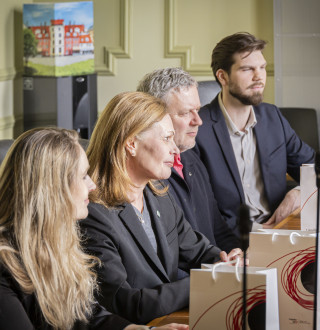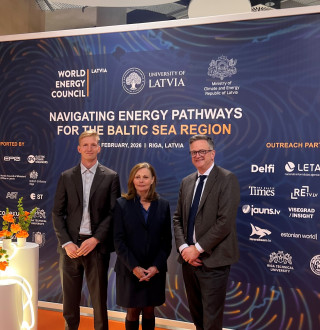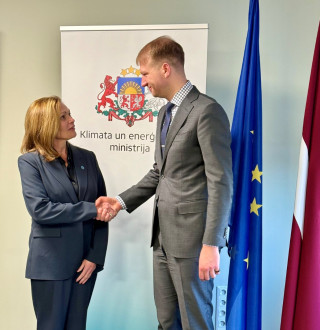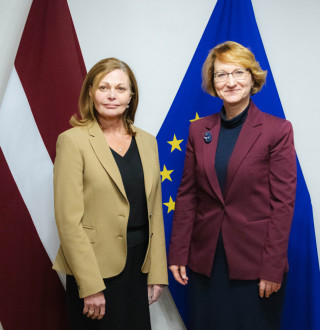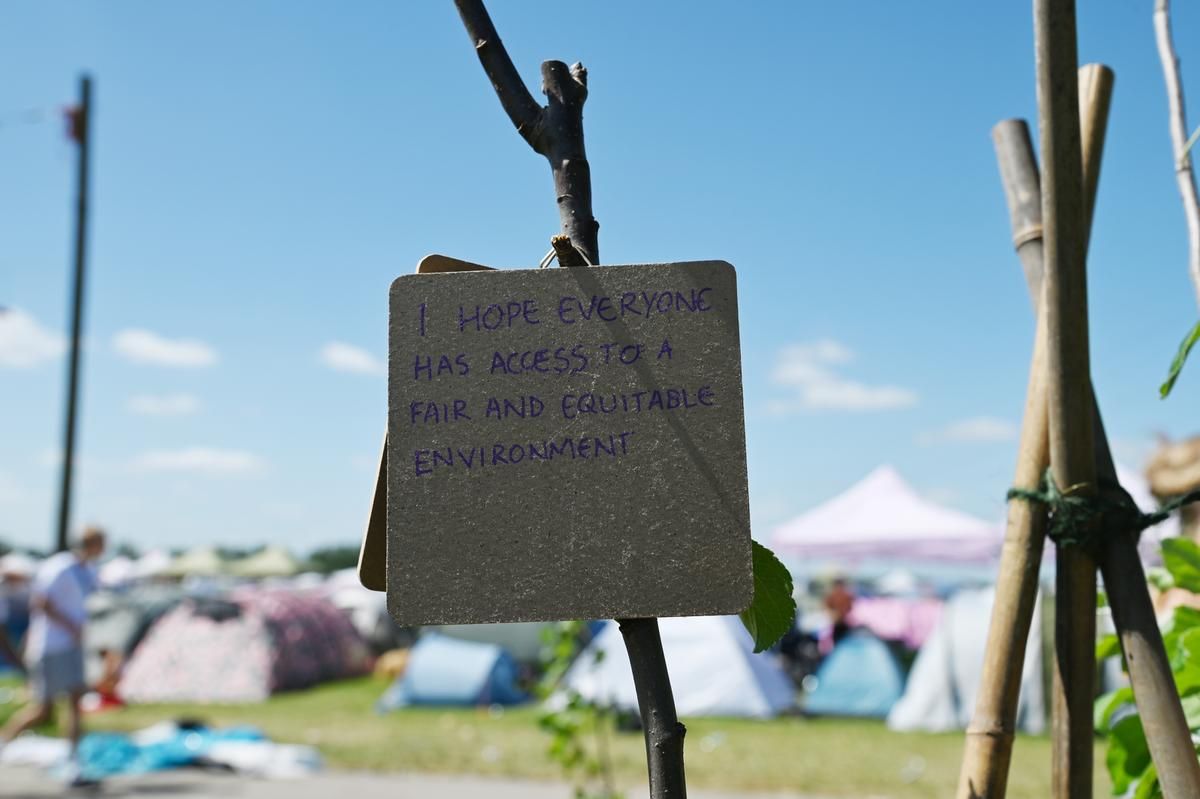A new survey shows that while people in the Baltic states recognise the risks of climate change, economic worries, healthcare and defense dominate their priorities. The study, commissioned by the Nordic Council of Ministers Office in Lithuania, surveyed public opinion in Lithuania, Latvia and Estonia. A comparable survey in the Nordic countries revealed different priorities, with healthcare leading as the top concern, followed by environmental and climate change and rising crime.
The economy was named the top concern in all three countries: 62% in Latvia, 41% in Lithuania and 72% in Estonia. Healthcare and defense followed closely in Lithuania and Estonia, while in Latvia healthcare and employment issues were more pressing. Social inequality and education ranked higher in Lithuania and Latvia, whereas Estonians highlighted energy supply.
Climate and environmental issues remain a lower priority, mentioned by just 9% of Latvians, 12% of Lithuanians and 14% of Estonians. In contrast, 35% of respondents in the Nordic countries placed climate change among their top concerns, second only to healthcare. Baltic and Nordic residents alike have noticed climate impacts such as warmer temperatures, shifting seasons and heavier rainfall, with Nordics also pointing to more frequent storms.
The Nordic Swan Ecolabel and consumer choice in Latvia
Another aspect of the survey was the importance of ecolabels, including the Nordic Swan Ecolabel, in consumer choice. In Latvia, awareness of ecological certification is strongly shaped by local labels, which are more recognised than international ones. This differs from Estonia where international marks such as the EU Ecolabel and the Nordic Swan are better known, and from Lithuania, where local labels also dominate but Nordic Swan recognition remains particularly low.
While Latvians show concern for environmental issues such as plastic pollution, biodiversity loss and climate change, they tend to place more trust in producers’ own claims than in independent ecolabels – unlike consumers in the Nordic countries, who emphasise certification and are more critical of “greenwashing.” Across the Baltics and Nordics, environmentally friendly products are seen as especially important in categories like children’s goods, food and hygiene, though willingness to pay extra for Nordic Swan-labeled products is strongest in Estonia and weakest in Lithuania. For Latvia, this suggests both a challenge and an opportunity: strengthening trust and visibility of the Nordic Swan label could help align consumer choice more closely with environmental priorities, as seen in the Nordic region.
About the survey
The survey of Baltic residents was conducted by Spinter Research in June 2025, commissioned by the Nordic Council of Ministers Office in Lithuania. It included representative samples of residents aged 18–75: 1,014 respondents in Latvia, 1,023 in Lithuania and 1,009 in Estonia. The comparative Nordic survey was carried out in May 2024 on behalf of the Nordic Swan Ecolabel.
